'We are saving historic roses from climate change'
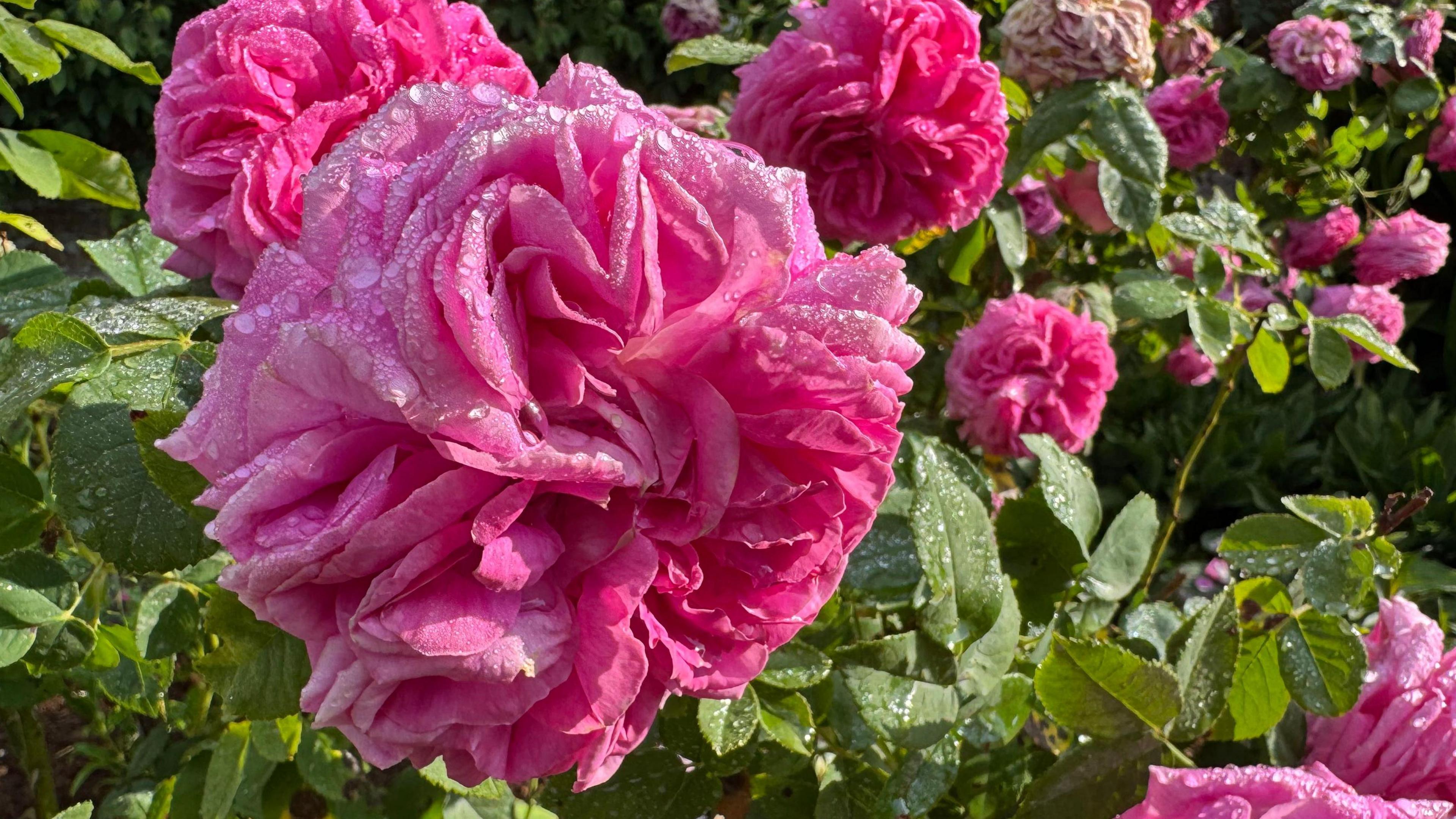
Gardeners at Mottisfont Abbey say they are seeing one of the earliest flowering seasons
- Published
"Every rose here oozes character," says senior gardener Michael Harvey as he guides me around the garden.
The sight and smell of hundreds of roses in bloom at the National Trust's Mottisfont Abbey near Romsey is spectacular.
The 1.5-acre (0.6 hectare) walled garden is home to the National Collection of Historic Roses.
Unlike modern, repeat flowering roses, most of the plants at Mottisfont flower just once a season.
This year the roses are reaching their peak about two weeks early.
Mr Harvey says an exceptionally warm and dry March and April has had a big impact: "It has really pushed a lot of the plants to flower a lot sooner.
"Because of climate change rose season is becoming earlier and earlier."
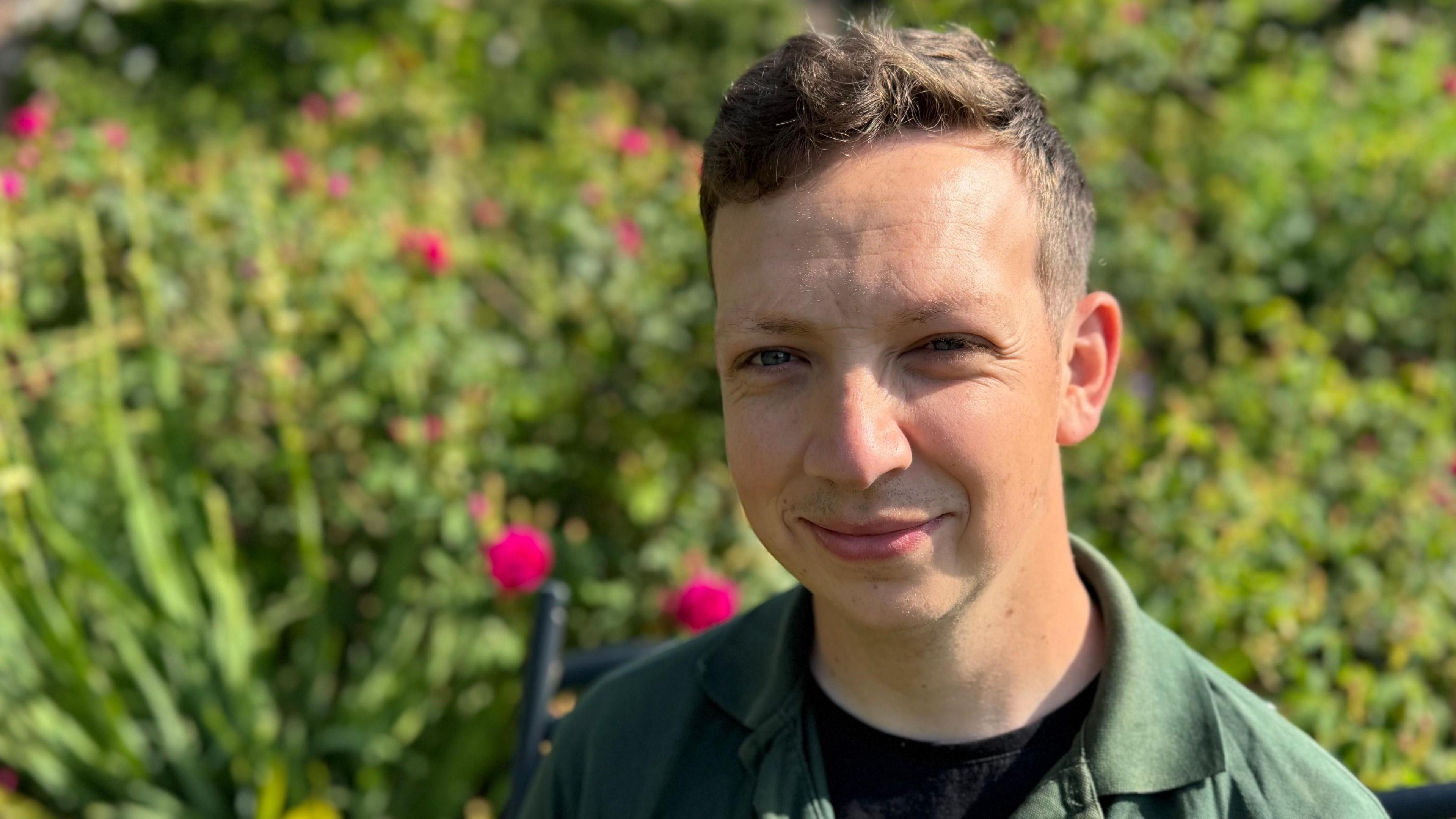
Senior Gardener Michael Harvey says climate change is having a "big impact"
The team are working hard to support the plants and Mr Harvey says that mulching - applying a thick layer of organic matter on top of the soil - is a key technique.
Every season they spread 120-tonnes on the garden.
"Two inches (5cm) of mulch creates a lovely barrier between the soil and the sun. It adds nutrients to the soil and and helps with water retention," says Mr Harvey.
Investment is also going into irrigation and rain-water harvesting.
Some roses which are showing signs of stress, such as browning leaves, will be moved to less sunny spots in the garden. He tells me it's about "putting the right rose in the right place".
Milder, wetter winters also pose problems with some pests not being killed in cold spells and a shorter dormancy period for the roses.
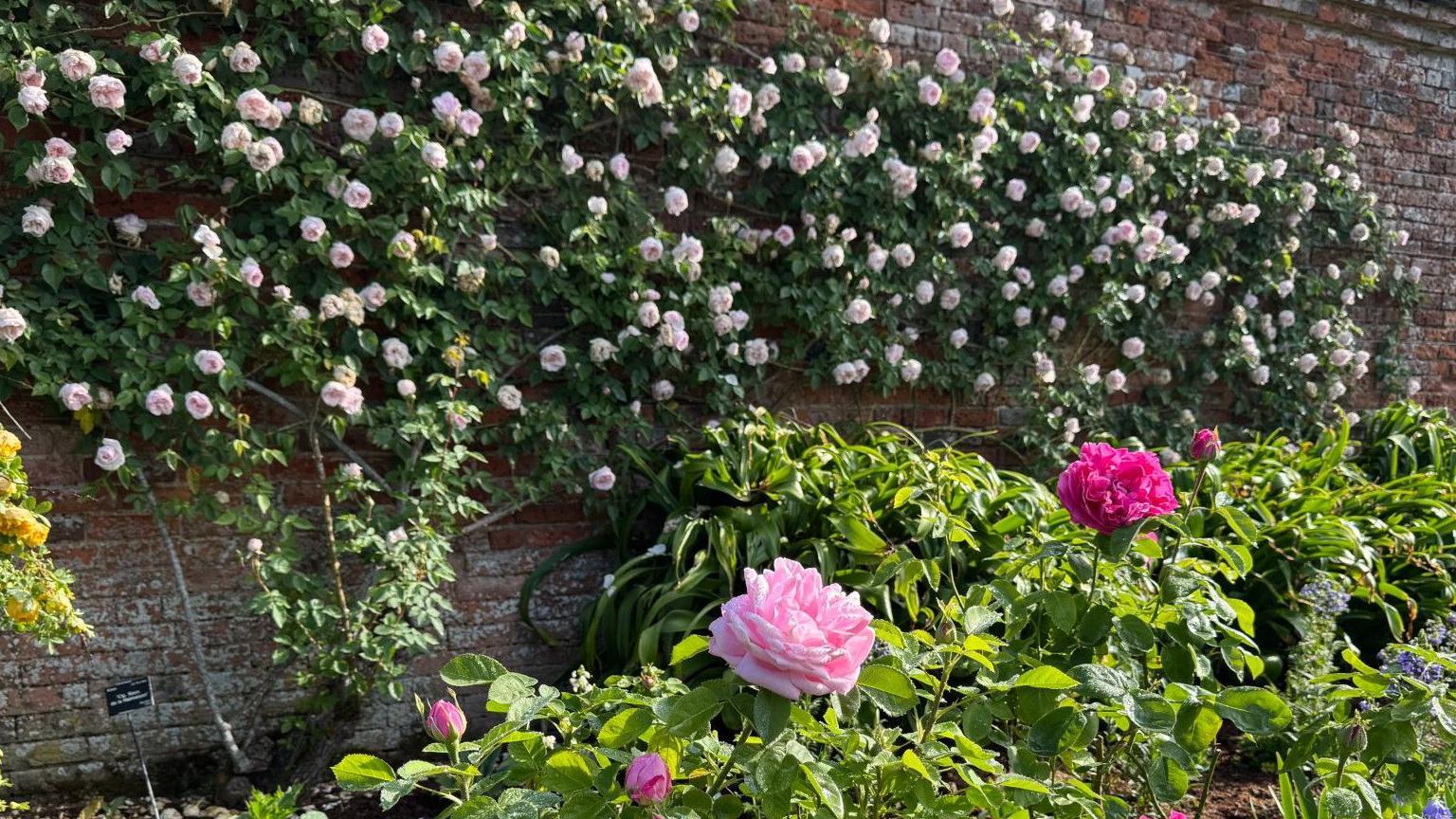
The walled garden is home to rare roses from around the world
The garden at Mottisfont was created in the 1970s by horticulturalist Graham Stuart Thomas who collected roses from around the world.
Every year about 84,000 visitors come to see it during the flowering season.
Mr Harvey says it is an irreplaceable collection: "Some of the rarest roses in the UK and internationally are grown here and the only place you will see some of the roses is in this garden.
"So it is really important we look after them to the best of our abilities to keep these rose varieties going.
"If these rose varieties go extinct you will never be able to get them back."

The International National Trust organised a visit to Ethiopia to share knowledge about tackling climate change
The team is sharing knowledge with fellow rose gardeners in Ethiopia.
In September 2024 they visited the country as part of the International National Trust's Withstanding Change project.
"It's a conversation between them and us about climate change and sharing our stories," Mr Harvey says.
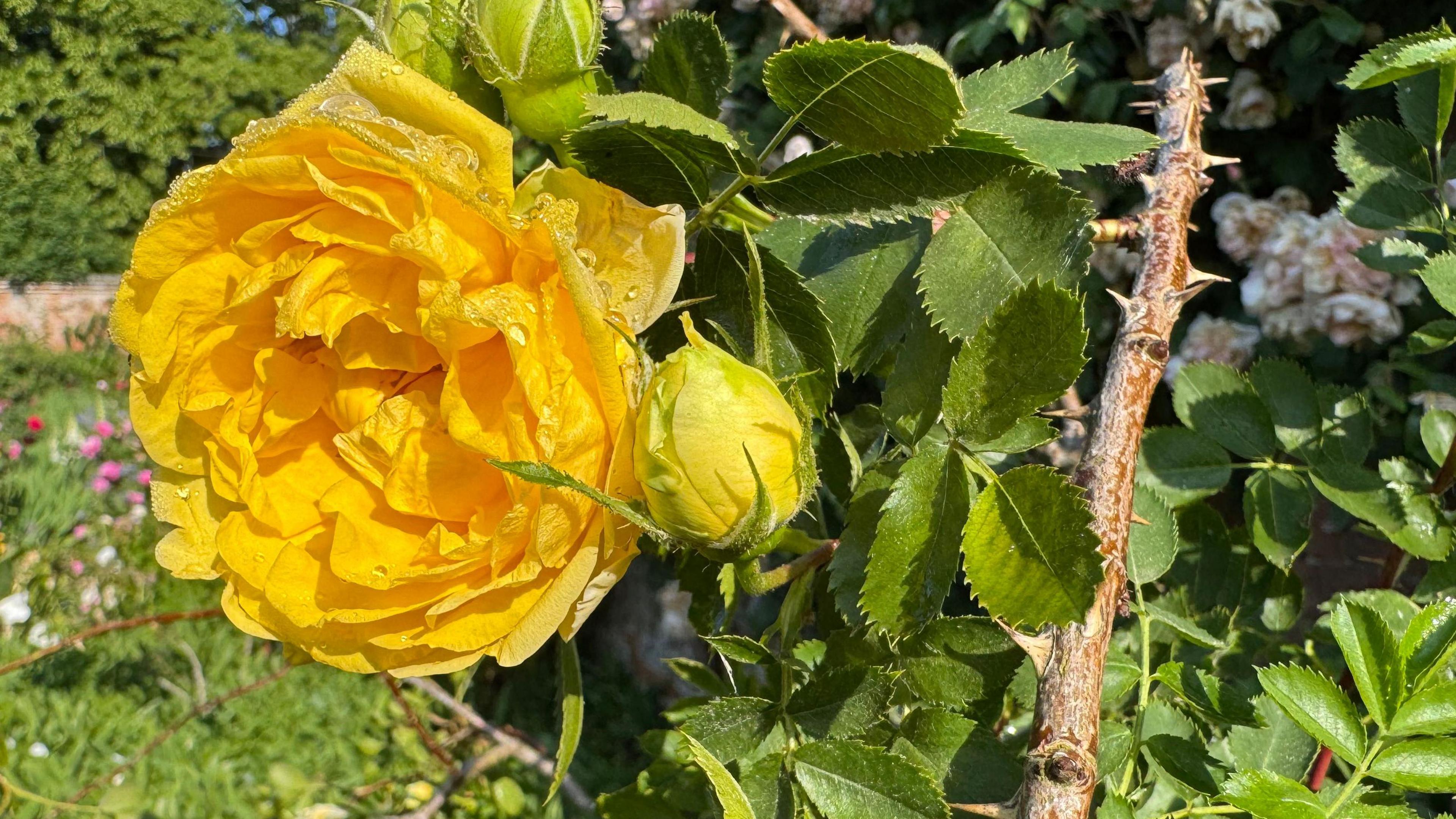
There are about 1,000 rose plants in the Mottisfont Abbey garden
Despite the challenges, Mr Harvey is delighted with the display.
The message is going out that the next few weeks are the time to catch the garden at its best, with evening openings and newly trained rose volunteers on hand to answer questions.
Mr Harvey tells me proudly: "It is like a mini Chelsea Flower Show here.
"The special thing about historic roses is they have all got character, they all want to say something. It is beautiful."
You can follow BBC Hampshire & Isle of Wight on Facebook, external, X, external, or Instagram, external.
Related internet links
- Published28 July 2023
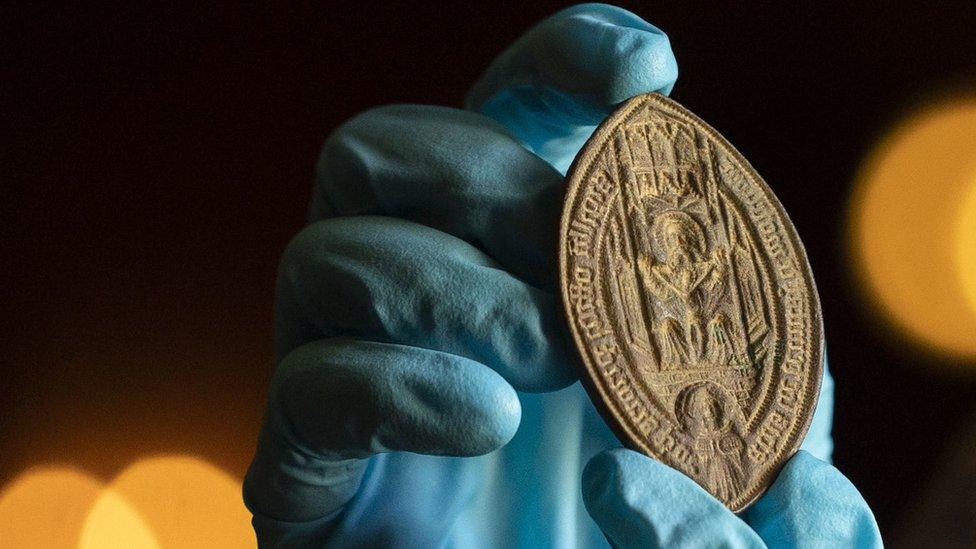
- Attribution
- Published13 May

